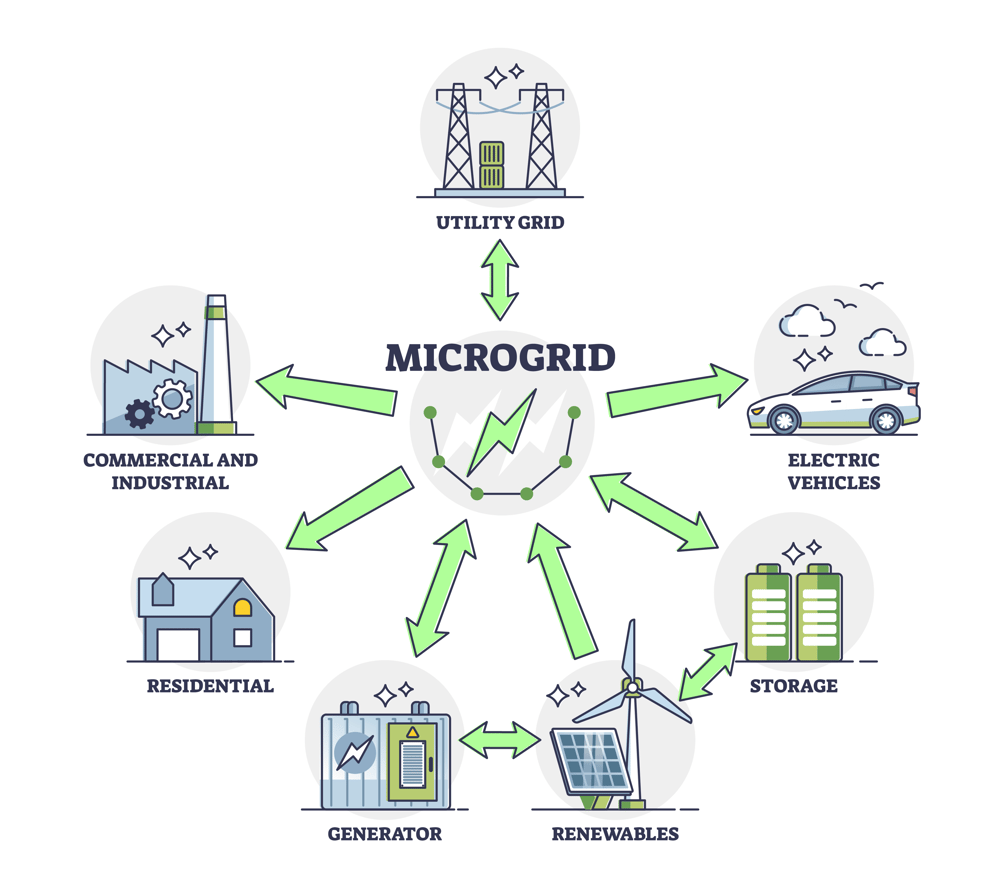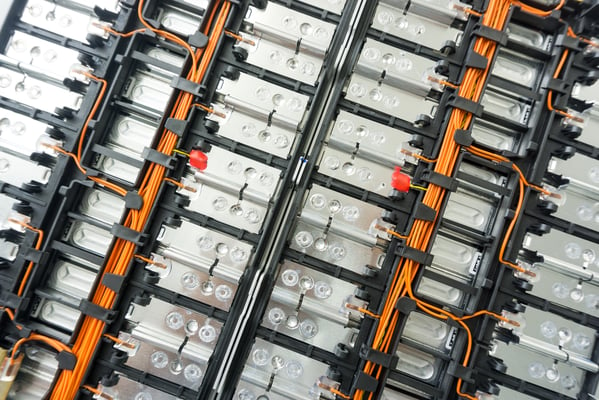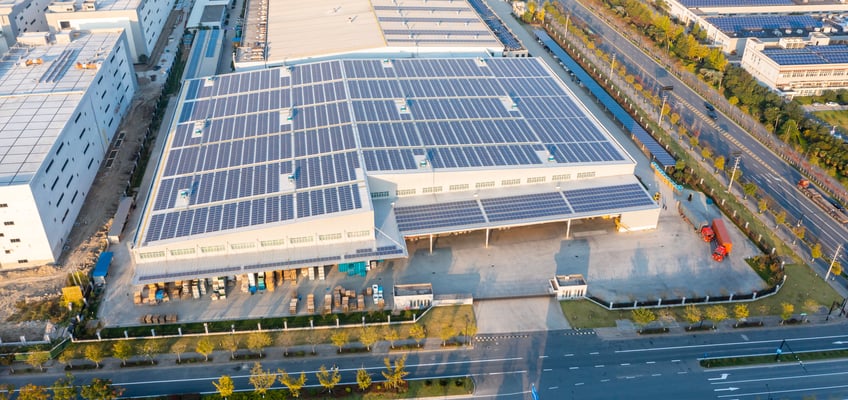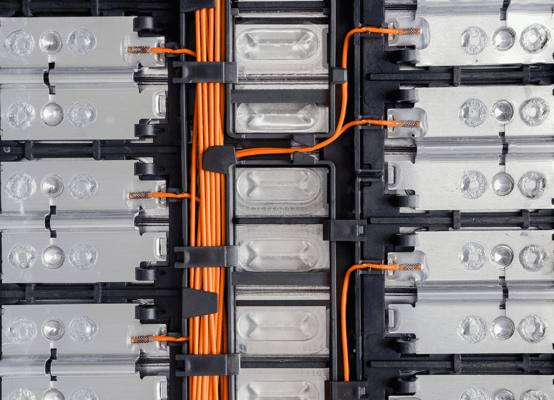
Empowering Remote Communities
Access to reliable and affordable electricity is a fundamental requirement for social and economic development. Unfortunately, many remote areas across the globe still lack a stable connection to the centralized power grid, leaving communities without access to essential energy services. In such circumstances, microgrids have emerged as a transformative solution, enabling energy access and fostering sustainability in remote regions. This article delves into the concept of microgrids in remote areas, exploring their significance and potential to empower communities through enhanced energy access and sustainable development, with a specific focus on Battery Energy Storage Systems (BESS).
Challenges of Energy in Remote Areas
Remote areas present unique challenges when it comes to energy access. Geographically isolated and often characterized by rugged terrain, these regions face significant hurdles in extending the centralized power grid. Consequently, communities in these areas are left grappling with limited or no access to electricity, hindering their socio-economic progress, healthcare services, education, and overall quality of life.
Understanding Microgrids
Microgrids offer an innovative approach to address the energy needs of remote areas. These localized energy systems can operate either independently or in conjunction with the main power grid. A microgrid comprises various distributed energy resources, including solar panels, wind turbines, batteries, and backup generators, interconnected through a local grid infrastructure. By harnessing these resources, microgrids generate, store, and distribute electricity within a defined geographical area, ensuring a reliable and sustainable power supply for the community they serve.
Importance and Usefulness of BESS
Battery Energy Storage Systems (BESS) play a crucial role in enhancing the effectiveness and reliability of microgrids in remote areas. These systems store excess energy generated during periods of high renewable energy production and discharge it when needed, providing a reliable power source for remote communities. BESS offers several key advantages:
1. Grid Stability and Frequency Regulation
In remote areas with intermittent renewable energy sources like solar and wind, BESS provides grid stability by smoothing out fluctuations in energy supply. BESS systems can rapidly respond to changes in demand or generation, ensuring consistent voltage and frequency levels within the microgrid.
2. Backup Power Supply
During periods of low renewable energy generation or unexpected outages, BESS serves as a reliable backup power source, ensuring uninterrupted electricity supply for critical services such as healthcare facilities, schools, and communication networks in remote communities.
Microgrids, BESS, and Sustainable Energy Solutions Enable the Future
Microgrids, coupled with Battery Energy Storage Systems (BESS), hold immense potential to transform the energy landscape of remote areas, unlocking new opportunities for sustainable development and improved quality of life. By harnessing the power of renewable resources and deploying efficient storage solutions, remote communities can overcome the challenges of energy access and achieve greater resilience and self-sufficiency. As the global transition to clean energy accelerates, investing in microgrids and BESS for remote areas is not only a strategic imperative but also a moral imperative, ensuring equitable access to energy for all and fostering a more sustainable future for generations to come.




